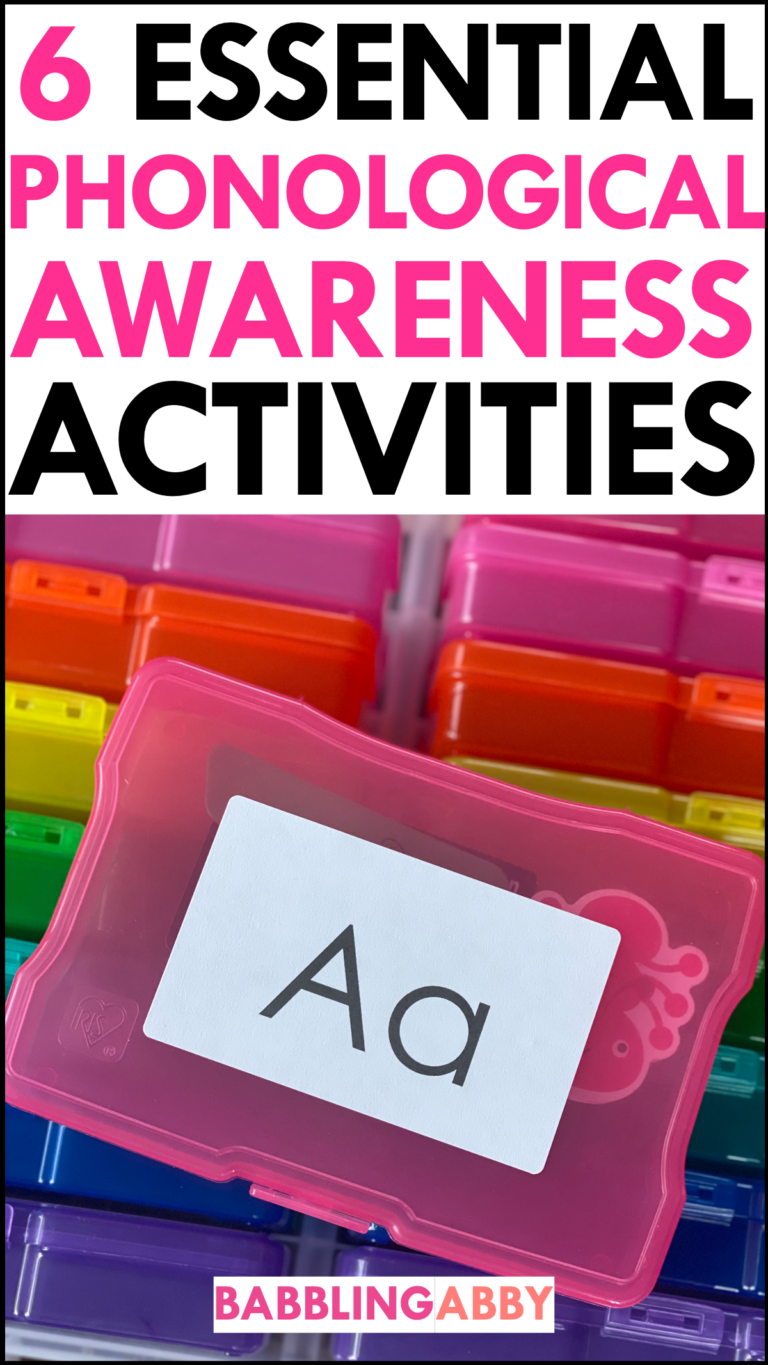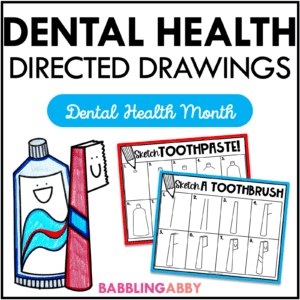I read an
article recently that really put a new spin on spelling. It discussed the relevancy of spelling tests and all the weekly routines associated with preparation for a Friday test. One finding was that kids who were good at memorizing consistently scored 100% on their tests, but did not generalized correct spelling of the words to their writing. Further, students weren’t self-monitoring their misspellings and were unable to correct their misspelled words.
No internalization. No generalization. No good.
I decided to reflect on my experience as an elementary student. I was – and still am – a good memorizer (just ask my husband – I don’t forget
a n y t h i n g). I usually got 100% on my spelling tests (Except for that one time in 1st grade when I couldn’t remember how to spell the word who and
looked over on Joey Bolanger’s test only to see that who was, in fact, not spelled hoo, and I erased and rewrote it correctly. Then my conscience exploded, I cried, and turned myself into Mrs. Halverstadt because, you know, I COPIED. Anyway.} So, yes, I was generally a good speller. And, I really like a good rainbow-write. In fact, I really like to write words in general, so copying my words three times a piece and writing them in sentences was kind of fun in my little world.
In the primary classroom, when we’re introducing new spelling patterns (short and long vowel sounds, digraphs, diphthongs, blends, etc.), it seems only right to introduce them in some sort of sequence (usually dictated by a basal reading series) and present a happy little routine to our kiddos. That’s what I did, anyway. It made for simplistic daily routines that I could reuse each week with little preparation, transferred easily to nightly homework, and gave me the false hope that my kids were GREAT spellers when 90% of them were nailing that Friday test. Boom. I rock at teaching spelling.
I’m not in the classroom now, so I can only experiment with my little class of one, but I decided to move away from teaching from a pre-set list of words this week. So, no hop, pop, mop, dot, cot, rot, sod, lob or anything like that.
Here’s how we put a new spin on spelling. And, yes, it’s still a spelling routine, but not the one I’ve used for the past seven years as an elementary school teacher.







